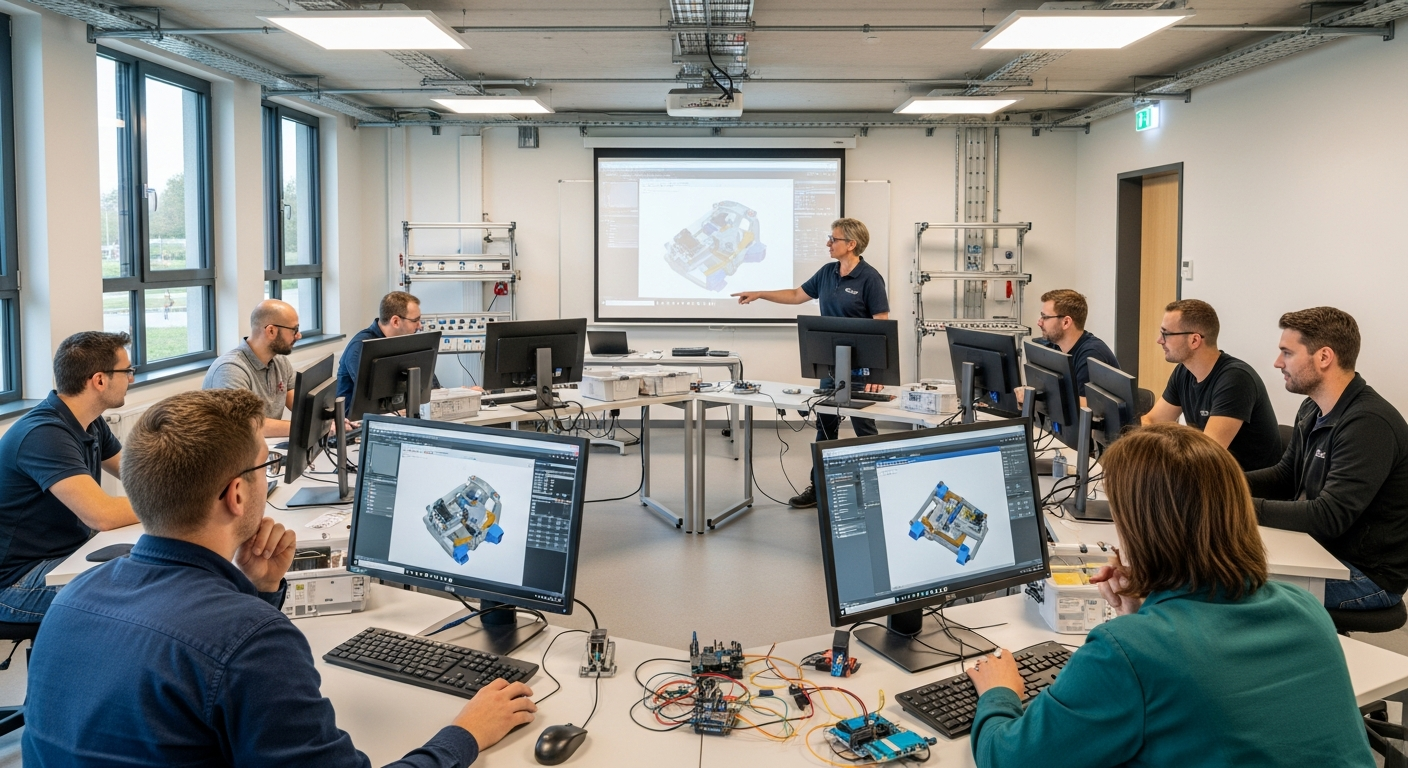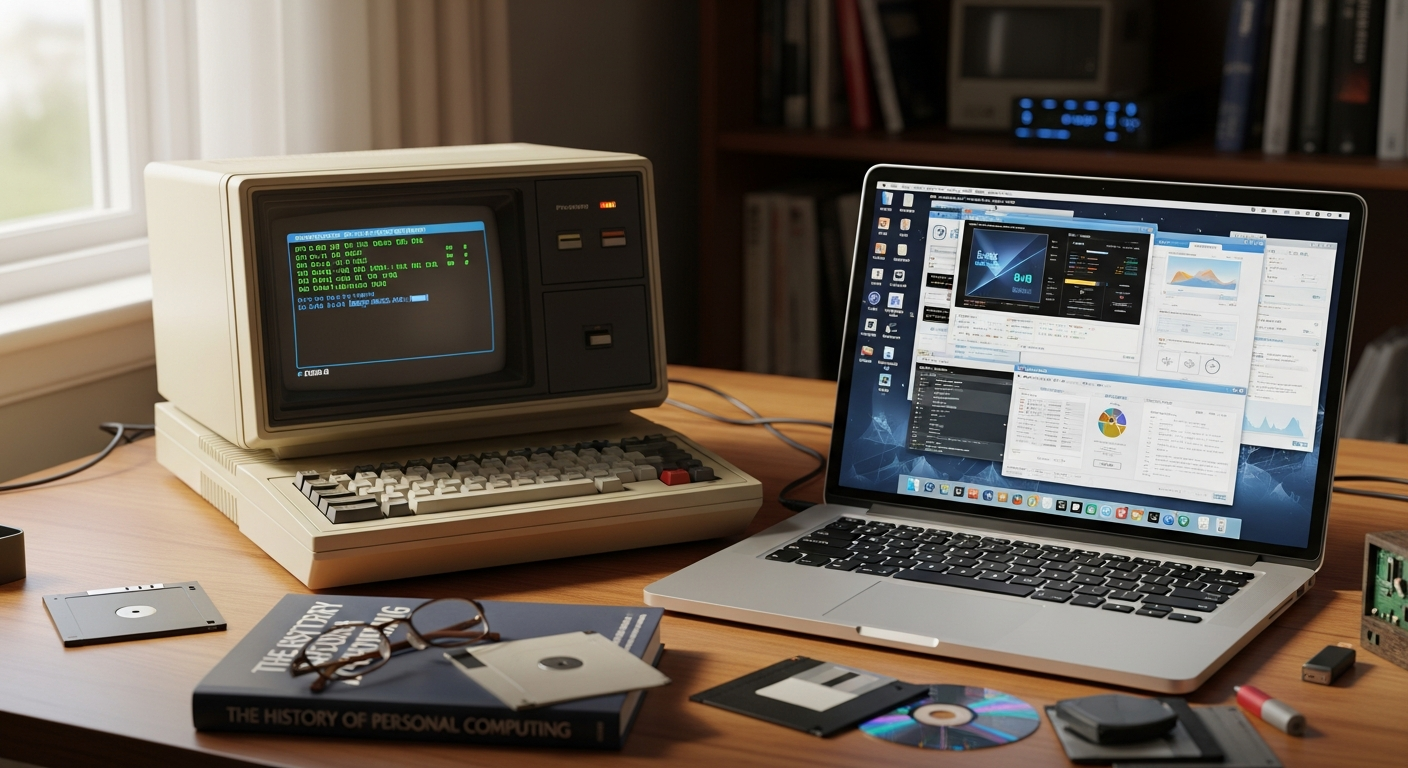Exploring the Legal Intricacies of Space Mining
The final frontier is no longer just a realm for scientific exploration—it's becoming a potential goldmine. As technology advances and private companies set their sights on celestial bodies, the legal framework surrounding space mining is evolving rapidly. This article delves into the complex legal landscape of extraterrestrial resource extraction, examining current regulations, international treaties, and the challenges that lie ahead.

The Outer Space Treaty: A Foundation for Space Law
The 1967 Outer Space Treaty, ratified by over 100 countries, serves as the cornerstone of international space law. It establishes that space exploration should benefit all of humanity and prohibits any nation from claiming sovereignty over celestial bodies. However, the treaty was drafted long before commercial space mining was a viable prospect, leaving many questions unanswered about the legality of resource extraction.
National Space Mining Legislation
Several countries have taken steps to create their own legal frameworks for space mining. The United States passed the Space Resource Exploration and Utilization Act in 2015, granting U.S. citizens the right to own and sell space resources. Luxembourg followed suit in 2017 with its own space mining law, aiming to position itself as a European hub for space resource companies. These national laws have sparked debate about their compatibility with international treaties and their potential to create a “gold rush” mentality in space.
The Concept of Ownership in Space
One of the most contentious issues in space mining law is the concept of ownership. While the Outer Space Treaty prohibits national appropriation of celestial bodies, it doesn’t explicitly address the extraction and ownership of resources. This ambiguity has led to differing interpretations. Some argue that the “use” of space resources is permitted, while others contend that any extraction violates the spirit of the treaty. This debate extends to whether private companies can claim ownership of extracted resources, even if they can’t claim the celestial body itself.
Environmental and Ethical Considerations
As the legal framework for space mining develops, environmental and ethical concerns are coming to the forefront. There are no established guidelines for sustainable mining practices in space, raising questions about potential damage to celestial environments and the preservation of scientifically valuable sites. Additionally, the idea of profiting from space resources has sparked ethical debates about equitable distribution and the potential for creating new forms of inequality on a cosmic scale.
International Cooperation and Conflict Resolution
The global nature of space exploration necessitates international cooperation in developing space mining regulations. However, conflicting national interests and the potential for significant economic gains complicate this process. The United Nations Committee on the Peaceful Uses of Outer Space (COPUOS) is working to address these issues, but progress is slow. As more countries and private entities enter the space mining arena, the need for a comprehensive international legal framework becomes increasingly urgent.
The Role of Private Companies in Shaping Space Law
Private companies are playing a significant role in driving the development of space mining technology and, consequently, influencing the legal landscape. Companies like Planetary Resources and Deep Space Industries are not only investing in technological advancements but also actively lobbying for favorable regulations. This raises questions about the balance between encouraging innovation and ensuring that space resources are managed in the interest of all humanity, as stipulated by the Outer Space Treaty.
Future Challenges and Opportunities
As we stand on the brink of a new era in space exploration and resource utilization, the legal challenges are as vast as space itself. Developing a comprehensive, fair, and enforceable legal framework for space mining will require unprecedented levels of international cooperation and foresight. It will need to balance the interests of private enterprise with the principle that space and its resources are the common heritage of mankind. Moreover, it must be flexible enough to adapt to rapidly advancing technology and unforeseen discoveries.
The legal frontier of space mining presents both challenges and opportunities. It offers the chance to create a new paradigm of international law, one that could potentially serve as a model for managing resources and resolving conflicts on Earth. As we venture into this new legal territory, the decisions made today will shape the future of humanity’s relationship with space for generations to come.






